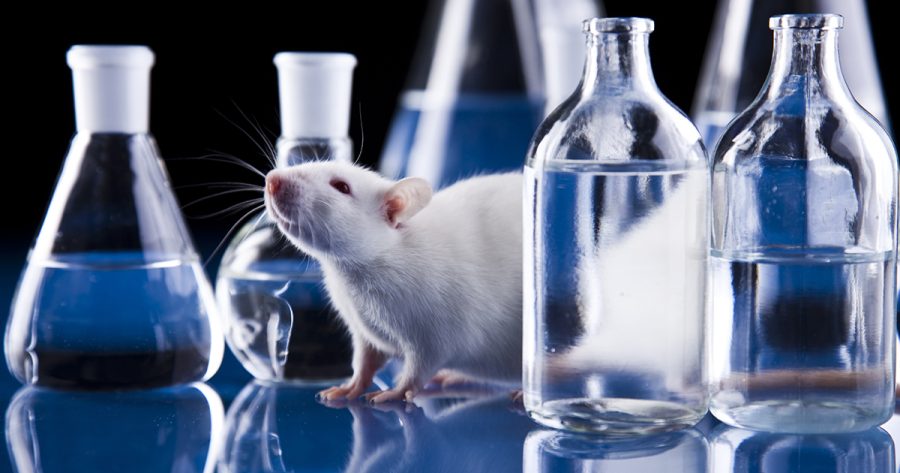The Debate on Ethics in Experiments
October 6, 2022
In the sole psychology class at Saint Joe, taught by Mrs. Barca who earned a Masters in Counseling Psychology at Rutgers University, the students recently had a class discussion and activity centered on the issue of ethics in science experiments.
Ethics begs the question of “Is it right to place the well being of humans above animals?” As taught in the class, animals are used for research because of the biological and behavioral similarities to humans, as well as the easy control over them. Additionally, many “unethical” procedures on humans may very well be considered “ethical” on animals in the world of research and science.
There are four key ethical principles when humans are involved that are taken into consideration established by the American Psychological Association before any experiment is done. First is informed consent; the participants must be informed of the research and any potential risks involved. Second is the right to be protected from harm and discomfort; researchers may conduct studies that involve harm and discomfort (with the participants informed consent). Next is the right to confidentiality; researchers are prohibited to release any data or information about individual participants from any experiment. The final principle is the right to debriefing; participants must receive a full explanation of the research when involvement is done, especially if deception is involved.
In the class, students were asked to go around the room reading about different experiments that may be questionable in the realm of being ethical or not. One example of these experiments was the LSD and the Elephant done by the University of Oklahoma. Researchers from this university injected 3x the human amount of LSD used for recreational purposes into an elephant to see if it would trigger the zoo-kept animal to revert to its natural wild instincts. Within 5 minutes of being injected the elephant had collapsed onto the ground having seizures, and an hour and forty minutes later, passed away via overdosing. The class discussion ran rampant. The majority of the students were infuriated, bickering about what the need was to find this out in the first place. One junior student in the class said, “What is wrong with people? This could have easily been avoided, there was no reason to inject LSD into an animal in the first place.” While this was an extreme example of a situation where ethics were not taken into account, it is evident that the welfare of animals aren’t so much thought of when it comes to experiments as much as humans.
So what makes it different for animals? They cannot consent to any of these things, so why is it okay to disregard their welfare but not okay to disregard humans? These are some of the biggest questions raised within Animal Rights Organizations and Ethic Groups that are wondering when it is okay and when it is not okay to use animals within research to benefit human kind. What do you think?

